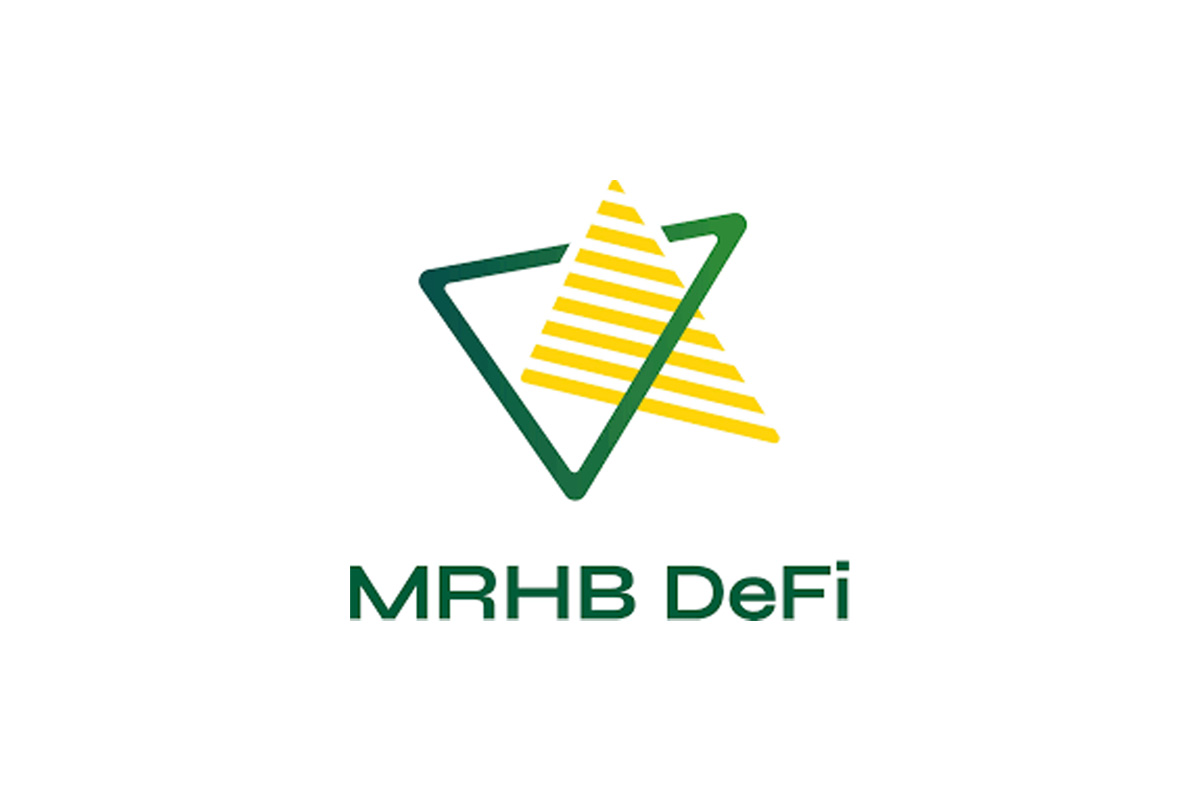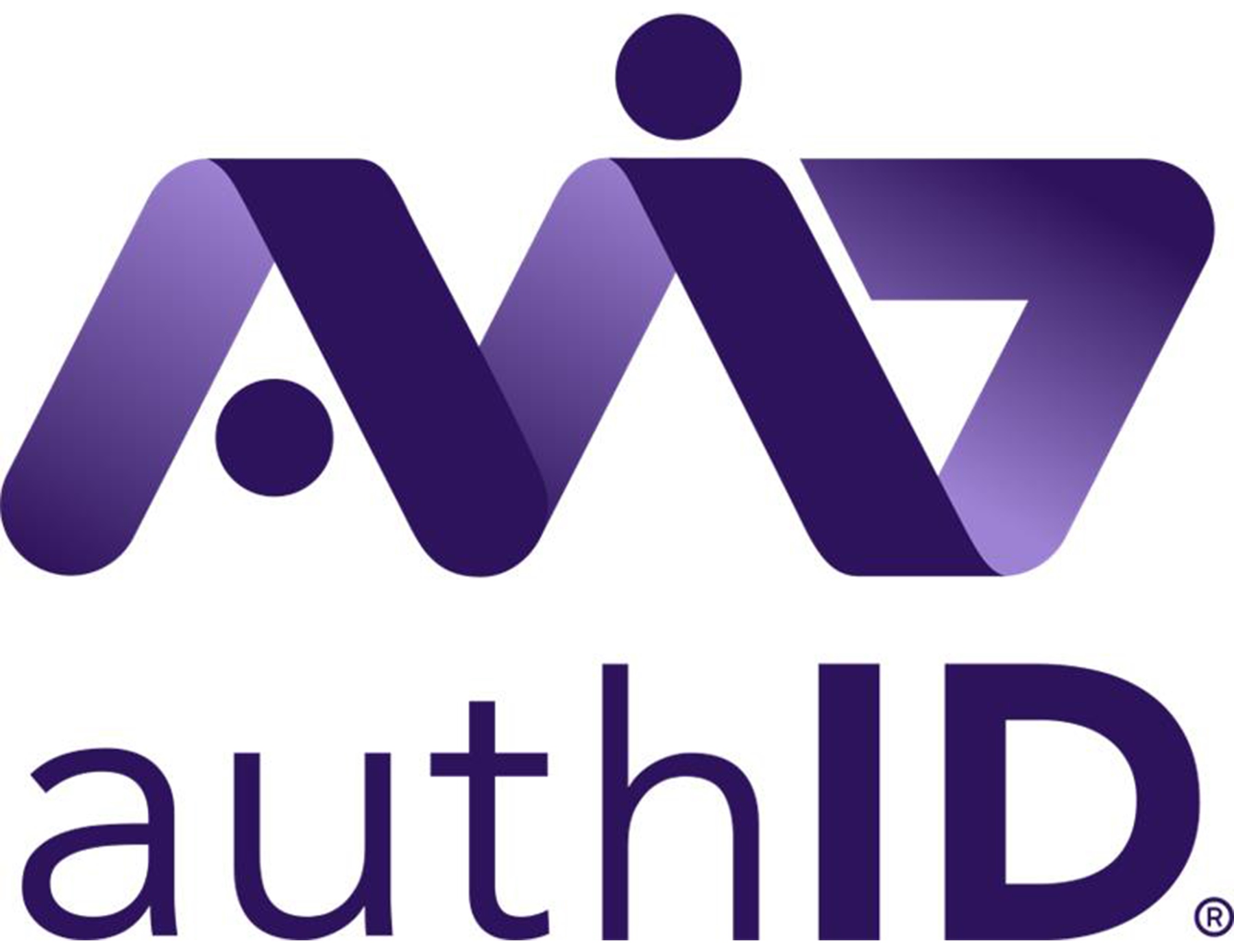Blockchain
MRHB DeFi: Successful US$5.5M Fundraise to Fuel Vision of Bringing Ethical DeFi to Excluded Communities Everywhere

MRHB DeFi, the world’s first decentralized finance ecosystem platform focused on ethical, sustainable and halal crypto opportunities, has successfully raised a total of USD 5.5 million through a series of private and public funding rounds which culminated in an initial DEX offering (IDO) that was oversubscribed on the DODO and ZeeDO launchpads.
Prior to its IDO, the startup gave the community direct access through two public sales on its official website, which saw tremendous support from its community of over 50,000 members.
“Our funding rounds have surpassed our expectations and prove beyond doubt the huge demand for ethics in the cryptoverse,” said MRHB DeFi CEO Naquib Mohammed. “We want to take the opportunity to express our heartfelt appreciation for our valued partners and loyal supporters, without whom we would not have made it this far. These are just the first steps of our ambitious multi-year journey that we have begun, together with our community, to ensure that everyone can participate in building an ecosystem where trust and values matter – hence giving access to the growing opportunities of the crypto-economy.”
The ethical startup is also backed by investors and partners which include Polygon Technology, Sheesha Finance, Australian Gulf Capital, Mozaic, NewTribe Capital, Blockchain Australia, Contango Digital Assets, Masary Capital, ZKSync, Acreditus Partners, EMGS Group, Sinofy Group, Sukhavati Protocol and MKD Capital amongst others.
“It always seems impossible until it’s done.” – Nelson Mandela
MRHB began as an idea 15 months ago, when Naquib, who was at that time working on Enterprise Blockchain use cases, was interviewed by a crypto news agency about the general trends of DLT.
The questions came around to the acceptance of crypto within the muslim communities in the Middle East, an interesting angle which led Naquib to delve further into the DeFi world, where he noticed the absence of halal projects. Understanding that there was a gap, he started putting down ideas and developing conversations with tech friends and like-minded connections, all of whom saw the immense possibilities with crypto but were disheartened by the absence of projects and protocols that were halal and consistent with their financial and ethical principles. The immense complexity of the cryptoverse as a whole also stood out as a further deterrent.
Resident in Saudi Arabia, he soon realised through various community discussions – both in the middle east and farther afield – that many fellow Millennials and Gen Z’ers were facing the same challenges and were hence avoiding the entire cryptoverse. This meant that many communities – especially Muslims – were excluded from the opportunities in this new tech frontier. Thus began his journey of taking on the challenge and goal of building a landmark halal project in the DeFi ecosystem.
Over the course of six months, Naquib assembled a team that included not just developers but reputable industry professionals and Shariah experts, all of whom shared his vision of creating an ethical DeFi ecosystem that reflects community values and beliefs. It would be the first to fill a major gap in the crypto space and address the needs of communities that number more than a billion, who have all thus far been excluded due to ethics, faith, fear and complexity.
While the DeFi offerings were aimed at adhering to ethical investment and financing principles rooted in Islamic Finance (primarily the prohibition on interest-based lending and income, and sectors deemed unethical or exploitative like gambling, pornography etc), MRHB would also be focused on removing technological complexity. Thus the overall objective was to build a more empowering and ethical community-focused platform that would also cater to those new to crypto while addressing the negative perception created by extensive instances of fraud, risk and opacity in the crypto space.
The Islamic Finance sector is the first target and is the largest and most active faith-based market. It is currently sized at around USD 3 trillion – attracting even a small portion of Islamic liquidity into DeFi will represent a major boost to the total value of the DeFi sector worldwide.
Community Focused and Community Supported
Approximately 85% of the funds raised came from the MRHB global community which spans from Canada to Australia – all of whom are looking for an ethical and halal entry into the cryptoverse. The inclusive startup is aptly named, with MRHB being short for “Marhaba”, which means “welcome” in Arabic, as the project ushers in entire crypto newbie communities.
The platform’s $MRHB token is now available for trades on PancakeSwap, one of the leading decentralized exchanges on the Binance Smart Chain (BSC) network and remains above the launch price in spite of overall bearish markets.
To reward the community and encourage more market liquidity, a 5 million pool of MRHB token rewards has been set aside for token holders who provide liquidity to the MRHB/BNB pool on PancakeSwap. These rewards are for the next two months and apply on top of their share of trading fees earned. Token lockups for early project supporters will begin soon, allowing liquidity providers to invest their $MRHB tokens and receive additional rewards.
MRHB DeFi is already moving forward with their production roadmap, having recently launched its Souq NFT Marketplace, the first NFT marketplace guaranteed to contain halal-only content. The launch of Sahal Wallet, a non-custodial mobile wallet featuring filtering technology that will allow for frictionless access to halal tokens, is slated for the middle of next month. The pioneering Liquidity Harvester, MRHB’s passive and stable crypto income product, will be launching in Q2 and the project is currently in advanced discussions with pioneering regulated institutional partners to offer halal crypto-wealth products. More decentralized and centralized exchange listings are also coming up in the near future, welcome news for the MRHB community.
Blockchain
authID Reports Financial and Operating Results for the First Quarter Ended March 31, 2025
Blockchain
Blockchain Futurist Conference Releases Final Schedule
Blockchain
U.S. Factoring Services Market Analysis by Product, Technology, Grade, Application and End-user (2019-2032) – Next-Gen Technologies Drive Surge in Alternative Financing Access for SMEs
-
Blockchain7 days ago
Colb Asset SA Raises $7.3 Million in Oversubscribed Round to Bring Pre-IPO Giants to Blockchain
-

 Blockchain Press Releases6 days ago
Blockchain Press Releases6 days agoHTX and Justin Sun Launch $6M Mars Program Special Edition, Offering One User a Historic Space Journey
-

 Blockchain5 days ago
Blockchain5 days agoBitget Blockchain4Youth sostiene l’innovazione del Web3 e dell’IA all’hackathon “Build with AI” di Google Developer Group
-

 Blockchain5 days ago
Blockchain5 days agoBlocks & Headlines: Today in Blockchain – May 9, 2025 | Robinhood, Solana, Tether, China, Women in Web3
-

 Blockchain7 days ago
Blockchain7 days agoBlocks & Headlines: Today in Blockchain – May 7, 2025 | Coinbase, Riot Games, Curve DAO, Litecoin, AR.IO
-

 Blockchain Press Releases5 days ago
Blockchain Press Releases5 days agoBybit Surpasses 70 Million Users, Reinforces Commitment to Transparency and Institutional Growth
-

 Blockchain7 days ago
Blockchain7 days agoFlipido Trading Center Launches ‘Flipido Learn’ Platform to Empower Crypto Investors Through Education
-

 Blockchain Press Releases6 days ago
Blockchain Press Releases6 days agoMEXC Lists USD1, Accelerating Global Stablecoin Innovation with World Liberty Financial











































